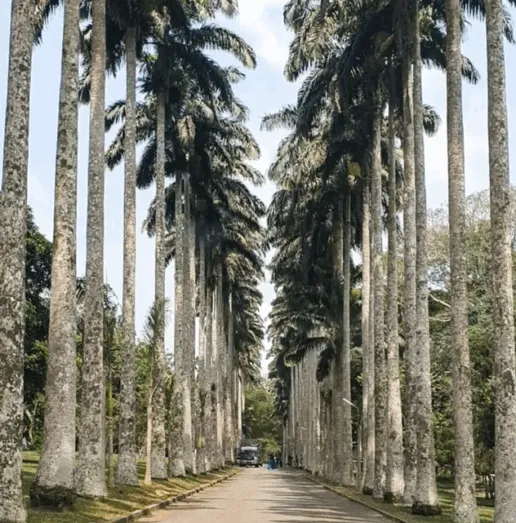
Understanding how people value and perceive nature and green space is pivotal in informing effective and equitable nature recovery in urban environments. The importance of urban green space (UGS) and its links to human wellbeing are well-documented within high-income countries. For example, interactions and exposure to UGS are valued due to the capacity to improve attention restoration and stress recovery, provide a space for physical activity, social interactions and personal identity, while also reducing health impacts from air pollutants and extreme heat. However, despite the provision of UGS being a key element of SDG 11, there is limited research on individuals’ experiences and values of green space in low-middle-income countries, particularly in Africa, where most existing work is concentrated in South Africa. The limited research focus occurs against a backdrop of high, rapid urbanisation in Sub-Saharan Africa. For example, the Ghanaian urban population has grown from 23% in 1960 to 57% in 2021, resulting in significant losses of green space in major cities, including Kumasi – formerly known as the “Garden City” of West Africa.
This project, in collaboration with the Kwame Nkrumah University of Science and Technology (KNUST) in Kumasi, will employ a mixed-methods approach to explore the values, perceptions, and interactions that urban residents from Accra and Kumasi – Ghana’s two largest cities – have with green spaces and nature. This project ultimately aims to help inform pathways of nature recovery which account for different worldviews and values.
The main project activities include using high-resolution satellite imagery to quantify the changes in green land cover in Accra and Kumasi. The delivery of a quantitative survey across both cities to collect information on individuals’ sociodemographic characteristics, nature relatedness, values towards nature, subjective wellbeing and green space use/exposure. The survey will provide a foundational understanding of how green space is understood and perceived in urban Ghana, utilising exploratory statistical methodologies to help identify potential patterns and drivers of particular values and wellbeing outcomes. The project will also include qualitative, participatory fieldwork to gain a deeper understanding of individuals’ relationships, values, and emotional responses to nature. These methods will include focus groups, interviews, participatory mapping and photovoice exercises.



